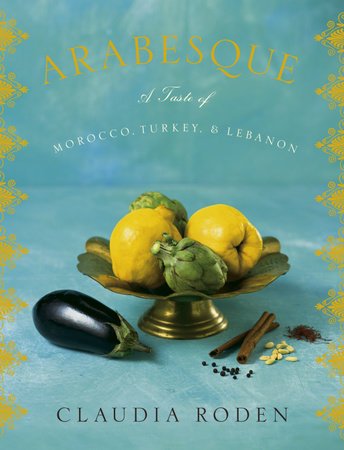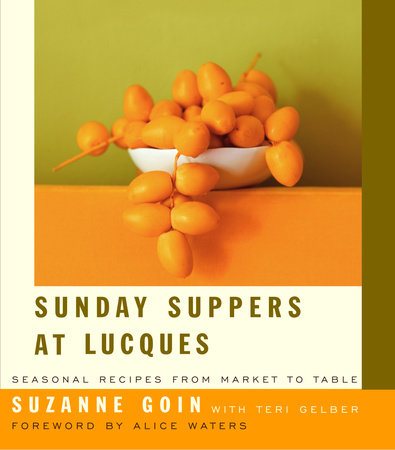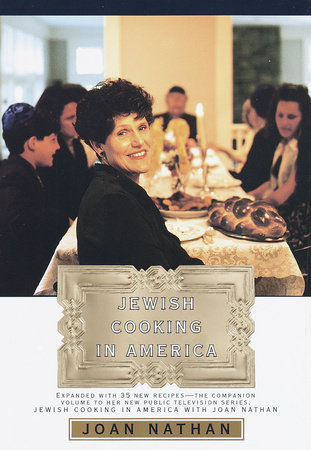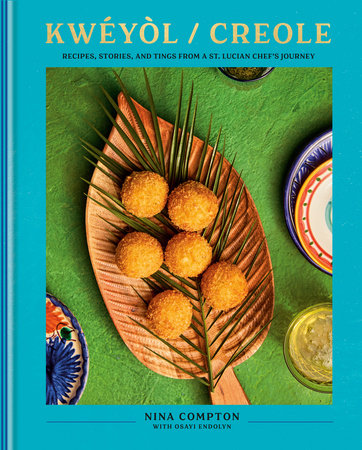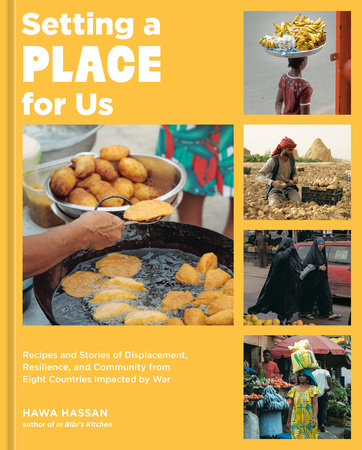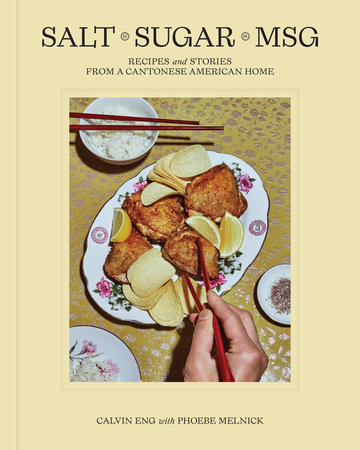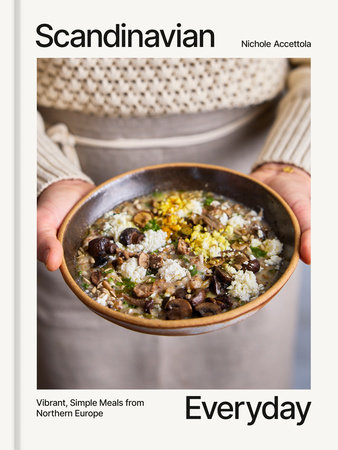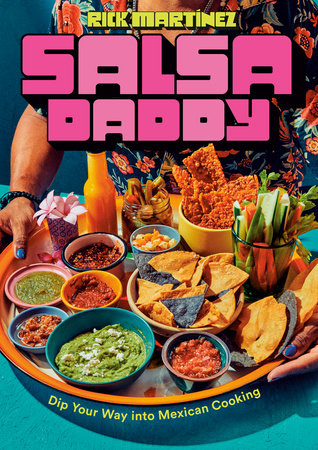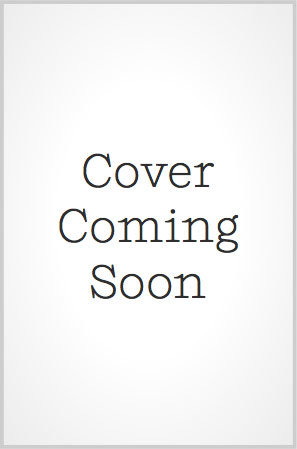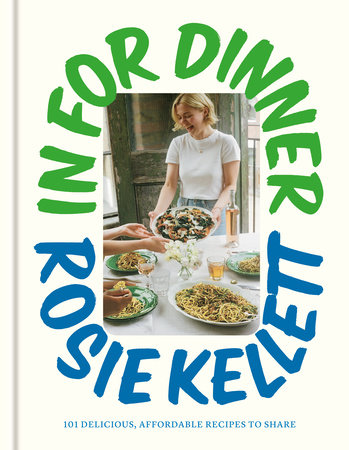Q: How did you decide to write about the foods of Morocco, Turkey, and Lebanon in your latest cookbook, ARABESQUE?
A: In my first book I put recipes from the various countries of the Middle East and North Africa together partly because this reflected my world in Egypt, which at the time was a mixed community of people from around those regions. With Arabesque, I wanted to focus on the three great cuisines–Morocco, Syria, and Lebanon–separately so as to be able to tell their particular stories, and so that readers could decide to cook an entire meal from one. Also as people are now more familiar with these cuisines, I felt they would be interested in finding out more and in trying new recipes from the countries I was revisiting.
Q: Where does ARABESQUE come from as a book title?
A: The word arabesque has a cultural and artistic connotation. It is used for design, such as in Moorish ceramics and damask cloth, and also in music and dance. It was the only title I could find that could represent the cultures all three cuisines share.
Q: What are your favorite spices to cook with?
A: I like to use different spices and aromatics for particular dishes. Among them are ginger, saffron, cinnamon, cumin, coriander, allspice, pomegranate concentrate, mastic, orange blossom and rosewater.
Q: And your favorite recipe from ARABESQUE?
A: It is impossible for me to give a favorite recipe as I love many.
Q: How did you originally become so involved with the art of cooking?
A: I became involved in cooking when my parents, together with the Jewish community, were forced to leave Egypt as a result of the Suez crisis and the war with Israel. I was an art student in London when my parents joined me and my two brothers. Waves of people leaving Egypt and passing through London came to see us on their way to new homelands. Before this time, there had been no cookery books at all as families had kept their recipes to themselves, but now people were furiously exchanging recipes. I thought that was one part of our cultural heritage that I had to record and preserve.
Q: What are you currently working on?
A: I am working on the foods of Spain and travelling around that country.
